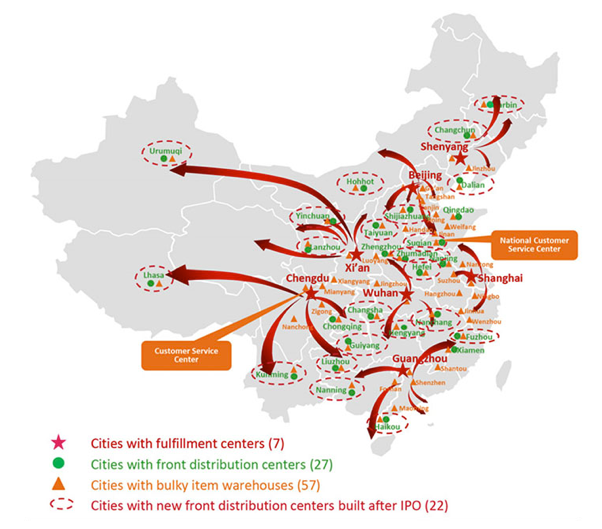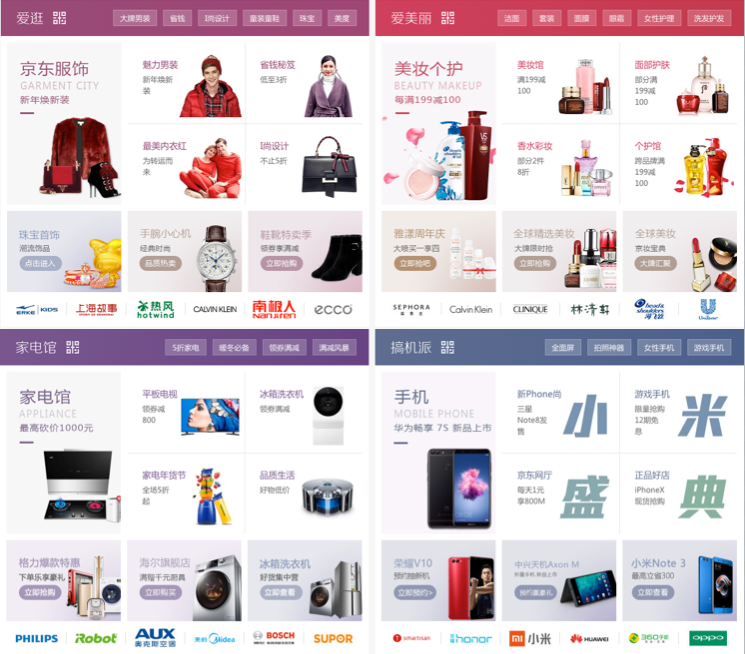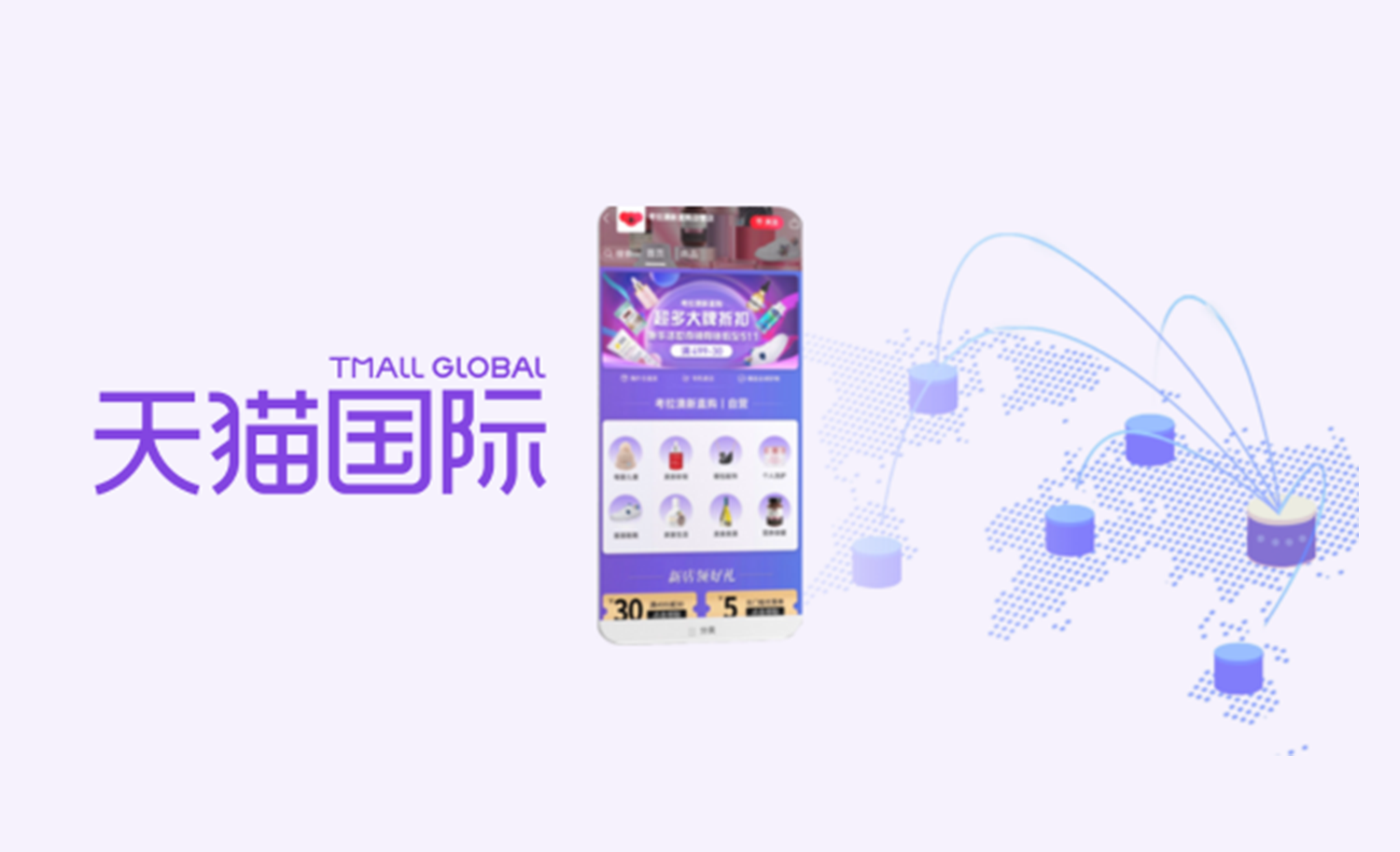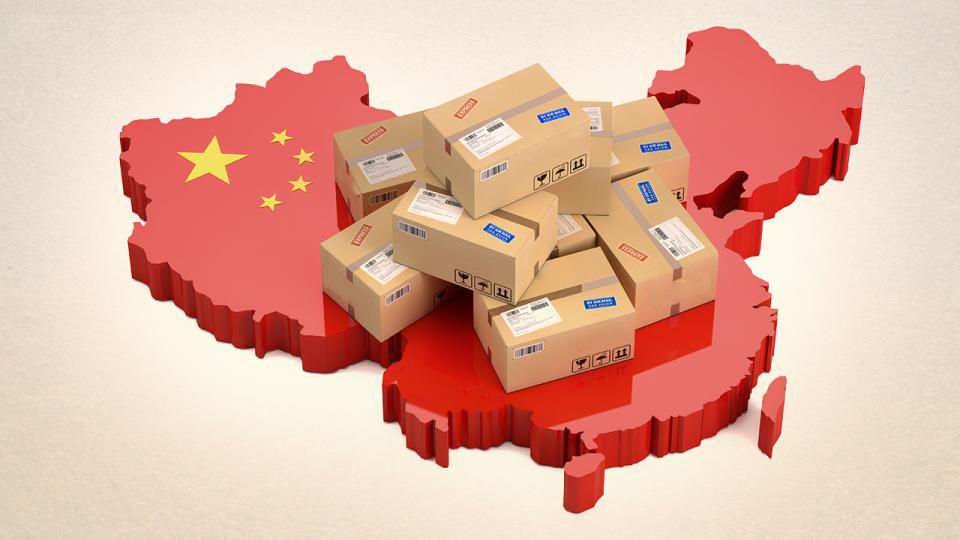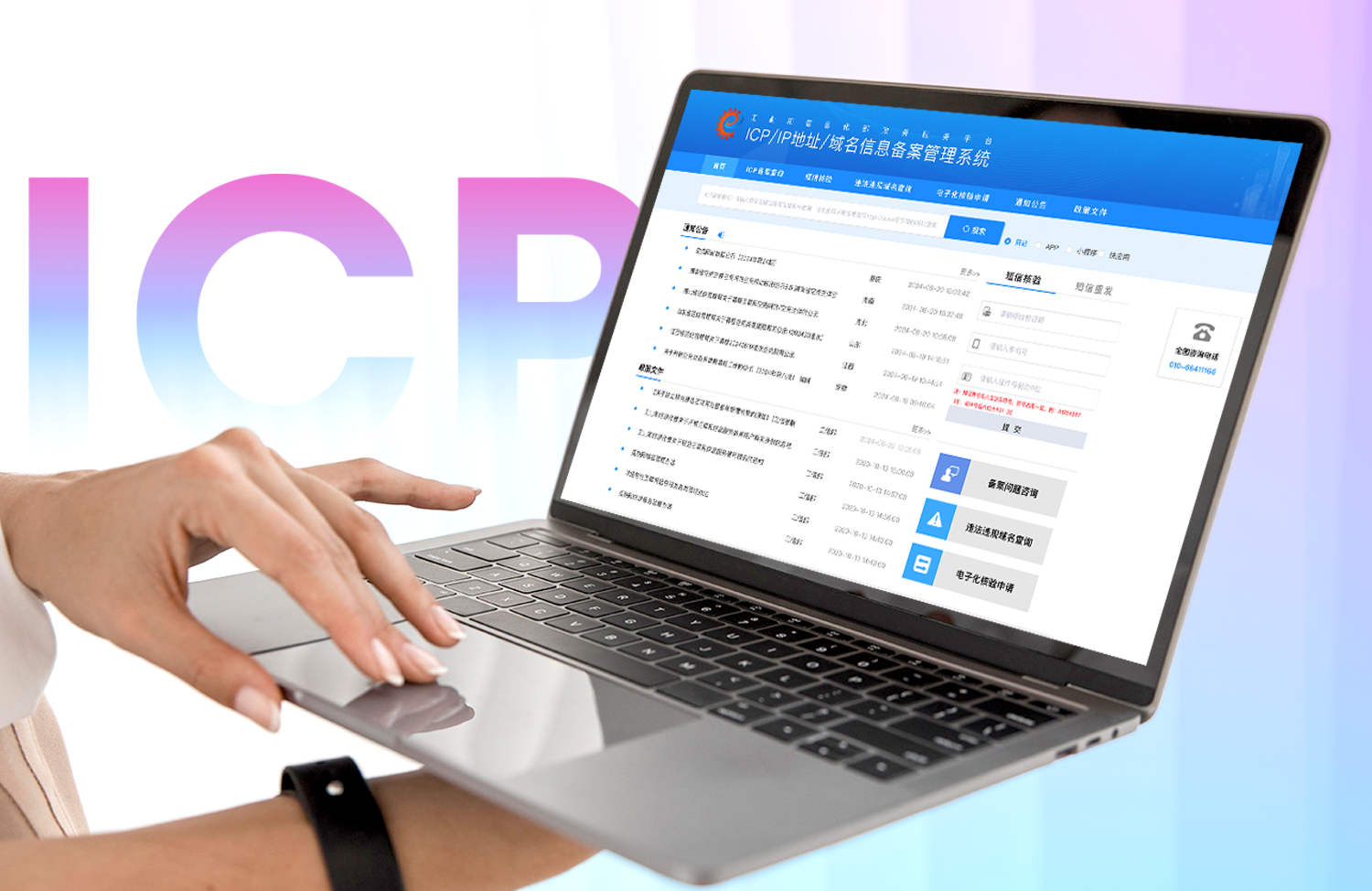When you are thinking about eCommerce in China, the first name that might come to mind is Alibaba, founded by its iconic entrepreneur Jack Ma. However, another retail giant is at least as worth mentioning—Jingdong, also known as JD.com, is making steady progress in challenging the hegemony of Alibaba since it went public on the Nasdaq in 2014.
TMO provides brands with full-service China Cross-border eCommerce Solutions, from entry strategy consulting to legal compliance, web development, and multichannel eCommerce implementation.
About Jingdong
Jingdong is currently the second-largest eCommerce Retailer in China with around 27.2% of the market share. However, it is also the largest self-operated online retailer: different from Tmall, JD's business model relies on being both open to merchants while also conducting self-operated retailing. Through the guarantee of its own logistics system, the platform provides users with a faster and overall better purchasing experience for more than 40 million products in over 10 categories including Home Appliances, Electronics, Clothing, Maternal products, etc.
You might also like our article: How to Sell in China Online with Tmall Global Cross-Border (2025)Tmall Global is one of the central channels to enter Cross Border eCommerce in China. Here are the main things you need to know to start.How to Sell in China Online with Tmall Global Cross-Border
Jingdong's excellent logistics network comprises over 1,600 self-operated warehouses (100 of which include bonded, direct import, and overseas warehouses), more than 1,000 air cargo routes, and over 2,000 third-party warehouses. On top of this, the brand also boasts a solid system of fulfillment centers and delivery/pick-up stations across the country.
3 Cross-border Sales Models on JD.com
Jingdong operates 3 different cross-border eCommerce sales models:
- JD Wholesale
- JD Marketplace (also known as JD POP)
- JD Worldwide
1. JD Wholesale
JD can be characterised as China's largest B2B2C (direct sales) market and dominates in home appliances and consumer electronics. In the direct sales model, JD sources products directly from brands and suppliers (which remain involved in marketing, store operation, and sales) after which JD displays them on its domestic website (JD.com) in order to resell them to Chinese consumers.
Brands wishing to become a supplier through this model will usually have to already be established in the JD Marketplace or JD Worldwide as it allows Jingdong to judge your brand through a proof of concept method. Brands with high order volume and sales can benefit from this efficient model that results on fast product delivery.
Third-party Platforms offer a lower-cost model to initially test the market, but can quickly eat your margins and stunt growth. Marketplace vs D2C: The Hidden Costs of Not Owning the ChannelMarketplace Fees could be costing you $2.2M annually! We explore costs, data visibility, & how D2C eCommerce can support your brand's growth.See Marketplace vs D2C: The Hidden Costs of Not Owning the Channel
JD only sources from reputable brands to meet their quality requirements. As such, business development managers are constantly searching for new prospective brands in the product categories mobile communication, household appliances, auto accessories, computers, digital, daily usage, and books. Directly foreign-sourced products may be indicated by a sign for the country of origin. JD.com has gathered more than 40 million products in 13 categories, including household appliances, mobile phones, computers, mother and baby, and clothing to serve Chinese online consumers appetite for overseas products.
2. JD Marketplace (JD POP Open Platform)
Similar to Tmall, JD Marketplace enables well-established, third-party sellers to sell their full range of products directly to customers through the JD website and mobile channels. Approved sellers are also able to benefit from JD’s fulfillment infrastructure, marketing and customer targeting services, financing, and other value added services. This model provides greater flexibility and independence.
Entry Requirements
A company is eligible to participate in the Marketplace model if they are registered inside mainland China. After which these so-called third-party sellers are able to directly sell products to Chinese online consumers through JD’s channels. Furthermore, to be considered for the Marketplace model merchants must provide:
- An official business license
- A general taxpayer's qualification certificate
- Proof of the bank account license
- A copy of the legal representative ID card
- A copy of the quality inspection report or product quality certification
- The trademark registration certificate
Shop Types
In line with opening a storefront on Tmall, opening your store using JD's Marketplace will also require additional specifications:
- Flagship Store: Must own the relevant trademark registrations. Furthermore, if you sell multiple brands you must provide proof that the brands belong to the same controller. Lastly, if you are applying for an outlet-type flagship store you must also provide a service-type trademark registration certificate or a trademark application acceptance notice.
- Franchise Store: To be allowed to open a franchised store you must provide the successive authorization to sell the branded products of the trademark owner. Moreover, the franchise store is not allowed to carry the same brand name of the product.
- Exclusive Store: In line with a franchised store, you must also provide successive authorization to sell the branded products of the trademark owner. Once again, you are also required to provide proof that the brands belong to the same controller if you wish to sell multiple brands.
Entry Process
The entry process for JD Marketplace can be divided into four broad stages, namely:
- Preparation Phase: You must perform an initial scan to assess whether your organization meets the brand recruitment requirements after which you can prepare and send all required materials. You may also choose to register for the Jingdong wallet at any time regardless of your application status.
- Application for Residency: first you are required to register a personal account and file your company information. In addition, you will have to indicate which shop type you wish to operate and the product category you wish to sell and this also includes the selection of the domain and shop name.
- Audit: through a qualification review (7 working days) your application will be judged and additionally an investment review (5 working days) will be performed before store authorization (3 working days).
- Opening the Shop: in the last stage, an account security verification will take place. Finally, after the payment of relevant fees is confirmed your shop will be open.
Costs
Although companies that are registered inside Mainland China are eligible to sell on the JD Marketplace platform, it is important to take into account the costs associated with operating a store. Roughly the costs can be divided into the security deposit, service see, and commission.
Other relevant documents from JD: Jingdong POP Open Platform Fee Standards List
- First, the Security Deposit is divided into 6 levels depending on the brand's GMV and ranges between 30,000 and 300,000 RMB. This deposit is refundable if you decide to leave the JD Marketplace and certain categories qualify for a no-deposit trial period.
- The "Operation Support Service Rate (i.e. Commission Ratio)" is normally between 2-4% of each transaction but can be as low as 1% or as high as 30% depending on product category.
- A Service Fee of 0.6% for each transaction.
3. JD Worldwide (JD Global)
In 2015, Jingdong launched JD Worldwide (JD.hk) as a multi-language global cross-border sales platform in order to seize the cross-border eCommerce market and accelerate Jingdong’s international progress by offering products directly purchased from overseas. Similar to Tmall, JD Worldwide operates as an online mall where the organization hosts foreign brands’ storefronts (or stores).
Currently, the company has opened several national and regional pavilions as you can see in the image below. JD Worldwide offers international merchants the ability to tap into the Chinese market even if they do not have a physical presence in China. By leveraging their partnership with international logistics companies such as DHL, Australia Post, and YAMATO as well as JD’s proprietary nationwide logistics network, JD Worldwide provides global shipping and warehousing solutions that ensure that products from around the world are delivered to the doorsteps of Chinese customers. JD Worldwide is open to brands legally registered outside mainland China.
Entry Requirements
A company can participate in JD Worldwide if they are registered outside mainland China, where these foreign merchants can tap directly into the Chinese market without having a physical presence in the country. The following requirements must be met by foreign merchants:
- Be an overseas registered entry
- Have an overseas public bank account (USD settlement)
- Be the brand owner or possess the brand authorization
- Provide the company establishment information
- Provide the company tax payment certification
- Provide corporate legal identification and appoint an authorized representative as well as a shop contact person
Furthermore, JD Worldwide targets well-known overseas brands, brand agents, or well-known retailers and B2C websites that have not yet entered the Chinese market in the following categories: mother and baby, health products, food, clothing, bags, and cosmetics.
JD Worldwide also requires foreign merchants to fulfill a number of operating processes as well as after-sales requirements, such as:
- Commodities: products originally sold overseas must be genuine and 100% authentic. Therefore, only direct mail and goods shipped through bonded areas can be sold.
- Webpage and Labelling: the page information needs to be described in Chinese, use international metric units, and be equipped with Chinese customer service.
- Online Service: you must have Chinese customer service personnel and download and install Chinese customer service software as well as answer customer questions in Chinese.
- Logistics: products should be dispatched within 72 hours of ordering.
- After-sales Services: you must provide return points, contact person, and contact information in mainland China.
Shop Types
- Flagship Store: Vendors must provide the original valid trademark of the brand (®) and also the necessary market sales certification materials. If you are applying as an outlet-type flagship store you must provide the trademark registration certificate and one-level authorization as well as the letter of the right to sell from the trademark owner. For well-known retail stores and B2C websites, you need to provide physical store or website photos.
- Franchise Store: To open a franchise store foreign merchants must supply the original brand name (®) of overseas valid registration. Furthermore, you must also provide brand trademark registration and full-chain brand sales authorization within four levels starting from the brand side. Some brands may also be required to provide first-level branding authorization.
- Exclusive Store: If trademark holders of multiple authorized brands, you are required to provide proof that the brands belong to the same controller. Again, you must also provide brand trademark registration and full-chain brand sales authorization within four levels starting from the brand side. And the brand should be a registered trademark (®) or trademark under registration (™).
Entry Process
The entry process for JD Worldwide differs somewhat from the JD Marketplace as you are required to seek contact with the Business Development Manager for the particular product category in which you wish to sell. Therefore the process will resemble the following:
- You must prepare all the documents which were aforementioned and send them to the relevant Business Development manager.
- After an initial check you will receive a registration link (you must closely follow the directions provided as the system is in Chinese).
- Approval process.
- After approval, you must pay the security deposit and platform service fee.
- After payment is received the shop status will be changed to ‘open’.
Costs
The costs associated with operating any of the aforementioned stores can be roughly the costs can be divided into the Security Deposit, the Platform Usage Fee, and the Commission.
Other relevant documents from JD: Jingdong Global Shopping Platform Fee Standards List
- The Security Deposit is a multi-tiered system, where new merchants will pay the first deposit upon joining. It generally goes from US $5,000 to $30,000, although some categories such as fresh foods can be lower (US $2,000), and some higher ($40,000 for Pharmaceutical). A second Security Deposit will be paid for most categories when the vendor exceeds a monthly transaction threshold of 20-30k RMB. Certain categories have a third Deposit threshold, and Flagship Stores will additionally require another Guarantee Deposit.
- The "Operation Support Service Rate (i.e. Commission Ratio)" is normally between 2-8% of each transaction but can be as low as 1% or as high as 30% depending on product category.
- A Service Fee of 0.9% for each transaction.
Tapping into the huge potential of China's CBEC Market
Jingdong's different sales models offer an alternative strategy to Tmall for foreign brands, as these. merchants may rely on the brand's robust warehouse services. Foreign vendors alternatively also have the option to use their own logistics services, which is particularly useful for merchants wishing to sell household appliances and consumer electronics. However, one downside still is that creating a storefront on JD also requires significant capital investment. While the opportunities in China’s cross-border eCommerce market are vast, success requires the right strategy. Selling through Third-party Marketplaces is just one of the many tools you can use to test the market and streamline your online operation in China, which will ultimately require a comprehensive multichannel approach to tap into this huge market.
At TMO, we specialize in helping businesses navigate the complexities of China’s cross-border eCommerce market. From establishing a legal presence in China to handling customs pre-filing and product feasibility studies, we offer tailored solutions to ensure your success. If you are looking for an eCommerce agency to assist you in your China business expansion, or want to explore other alternatives to grow in the market, reach out to us to learn more about our China eCommerce solutions.
If you enjoyed this article, we suggest you take a look at our piece on Chinese Marketplace Store Setup for instructions on setting up a storefront China's popular eCommerce marketplaces.


